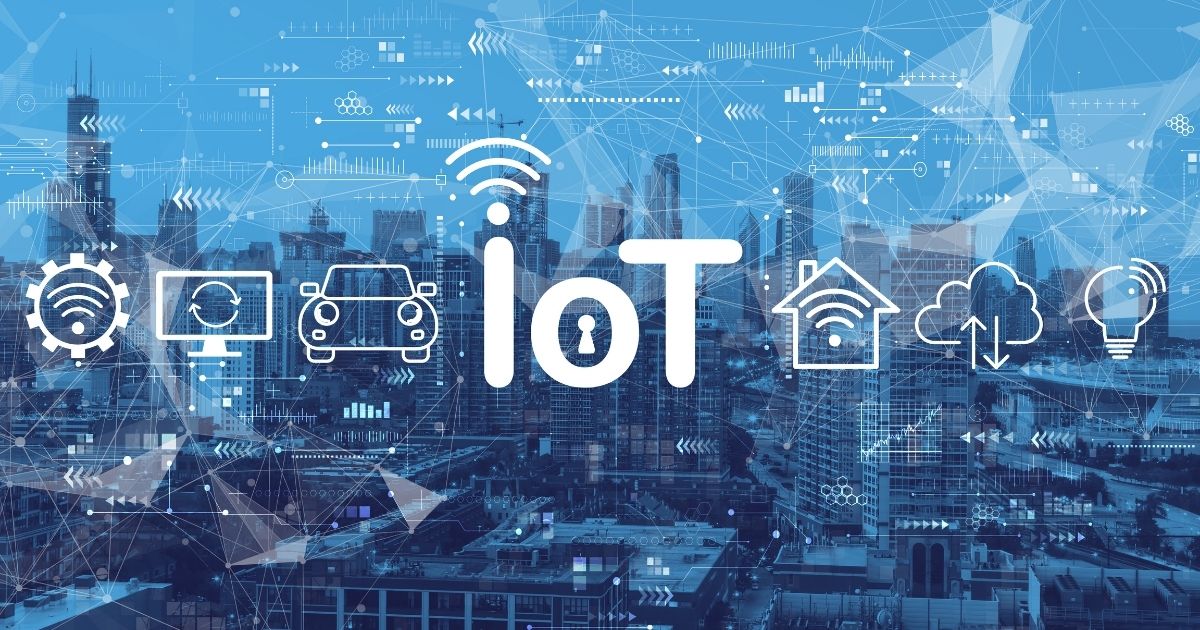- Who We Are
- What We Do
- Success Stories
- Careers
- News & Events
- Contact us

The Internet of Things or IoT has come a long way from being a term that is quite unfamiliar to many to one of the most-used solutions in businesses and homes in the past few years.
It is estimated that by the year 2030, the number of IoT devices used will rise from 10 billion last year to 25.4 billion. That won’t be a surprise to anybody considering the capabilities offered by IoT devices, especially since they can link to larger networks. Most industries, including agriculture, retail, and utilities benefit from solutions offered by IoT devices.
Since IoT heavily relies on telecommunication providers, it’s the telecoms industry that can benefit most from it. Thanks to the latest mobile IoT services and apps available, mobile carriers have unlimited growth prospects to explore now.
But how is IoT used in the Telecom industry exactly? Read on as your trusted experts in eGovernment software solutions shares some ways the telecom industry uses IoT:
Industrial Monitoring Systems
Did you know that about 87% of industrial companies intend to use IoT to further enhance the management of their equipment and resources in real-time?
With Industry 4.0, telecoms have the opportunity to enter the industrial sector which they can do by enabling connections in various intelligent supply chains.
Tailored network offers are among the ways for CSPs to benefit from IoT in the telecom business. They can link components of the complicated industrial environment, from their temperature sensors to the flow meters, enabling end-to-end supply chain visibility. This also allows the improvement of production efficiency while saving costs.
T-Mobile was among the first carriers to utilize the IoT in telecom applications when they first created the first Narrowband IoT network in the United States back in 2018 to help their industrial clients capitalize on the value of data they have in their warehouses.
Smart Cities
Smart city deployment’s mainstays are 5G and Narrowband IoT. CSPs have formed mutually beneficial public-private partnerships with universities and local governments to provide crucial services to promote digitization and the integration of urban infrastructure.
Telecoms may have a role in the smart-city value chain as they assist in the development of efficient and inclusive connected environments while increasing their income share, too.
Operators may also expand their capabilities to provide users with data management and monitoring solutions. IoT may also be used to further enhance eGovernment software solutions.
The incredible number of real-life applications of telco operations in smart city initiatives only shows that there is indeed fertile ground for telecom operators.
Smart Homes
Telcos also contribute a lot to the smart home and construction industry. Operators position themselves as third-party resellers of not only services but also consumer applications for smart homes, on top of providing network resources. Their services are now used to connect heating, air conditioning, alarm and locks, cameras, and other appliances in smart homes.
In order to capitalise on the potential smart homes bring, telcos form partnerships with vendors of hardware and software so they can come up with linked home solutions.
Conclusion
Smart homes, industrial monitoring systems, eGovernment software solutions, smart cities – as you can see, the Internet of Things is like a windfall for telecommunications companies who are willing to explore its potential. With great opportunities come great responsibilities, though. For them to fully harness the potential of IoT and meet their customers’ expectations, telcos need to streamline their business operations towards future-ready adaptation.
Informatics is a reputable company that offers custom Telecom software solutions as well as infrastructure services. Contact us today to learn more about our extensive services!
Written by Hiran Wickramasinghe
